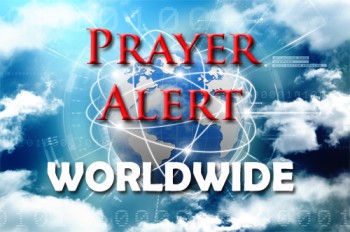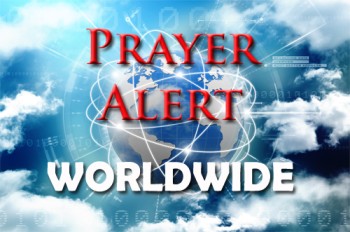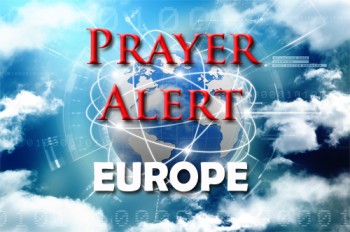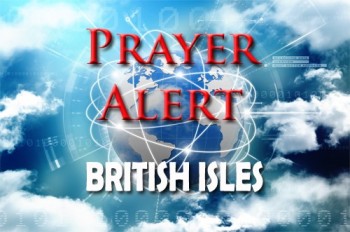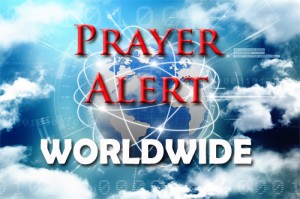Displaying items by tag: aftermath
Brazil: aftermath of catastrophic floods
Carla Rambo, middle-aged and exhausted, is trying to clear her damaged store in Porto Alegre, which was inundated for weeks after the catastrophic floods in early May. The floodwaters, carrying dangerous bacteria, have led to eight deaths and nearly 2,000 suspected cases of leptospirosis. Her business is one of 45,000 affected, with damages estimated at $91 million. A nearby shop owner recounted staying in her premises without electricity, fearing looters - with good reason, as there was widespread looting and damage. The disaster is considered the worst-ever climate event in the region, with reconstruction costs potentially reaching $4 billion. More than 90% of Rio Grande do Sul’s municipalities were affected; 600,000 people were displaced, with 50,000 still in shelters. Recovery is slow, hindered by ongoing rains and infrastructure issues. President Lula has promised $10 billion for recovery, with an additional $1 billion from a national development bank.
USA: aftermath of wildfires
Wildfires have devastated communities on Maui and Hawaii. The historic town of Lahaina has burned to the ground. Pastor Milhoan from South Maui said, ‘I’ve been deployed to Iraq twice. Maui looks like a war zone, a smouldering mess.’ Over 110 Maui residents are dead. Only 25% of the fire zone has been searched; ruins are marked with an orange X after initial searches and HR if human remains were found. People with missing relatives give DNA samples to help identify victims. Red Cross, churches, mission agencies, hotels and holiday lets are housing residents and distributing food, clothing medicine, etc. But a different horror is emerging - looting vacant homes and bodies of the dead. Enomoto had to use violence to stop someone he found looting the charred body of an elderly woman. There was gold and jewellery everywhere. Pray for the looting to stop as fire zones are searched.
Spain: aftermath of unprecedented storm
It smells of mud and damp. Mattresses, household appliances, chairs and broken tables are tossed outside on almost every street hit by last week’s worst storm in 140 years. Residents in Orihuela, one of many towns isolated by floods, couldn’t leave their homes for four days, fearing currents would drag them away. ‘We lost the car from the garage. We had food in the freezer, but people needed it and the emergency military unit took it.’ Pray for the areas still completely flooded and without electricity or water. Pray for the 3,500 who were evacuated, now returning to overwhelming destruction. €75 million was released to repair roads, bridges, homes, farms, schools, hospitals, health centres and businesses. ‘We cannot remove their suffering, but we can help them recover’, said regional president Juanma Moreno.
Aftermath of floods
Nearly 600 homes around Wainfleet, Lincolnshire, were evacuated after the River Steeping burst its banks. Residents still in their homes were told to avoid using toilets, showers and washing machines due to a strain on the sewerage system. Pumps began to reduce the water level by 19 June, and they missed the storms in the south-east the following day, but there is still much to do. Pray for families living in alternative accommodation while their homes are being repaired. The impact of flooding will be felt for many months to come. Cleaning, drying out and repairing flood-damaged properties is a major undertaking.
Nepal: still a disaster area
In April 2015 the worst earthquake for eighty years hit Nepal, killing 8,891 people, injuring 22,300, and destroying or damaging over 893,000 homes, as well as schools, clinics and ancient buildings. 8.1 million people were affected. The rural areas (often remote and mountainous, and already poor) were hit hardest. After the earthquake the government published a vision for ‘well-planned resilient settlements and a prosperous society’. But it has fallen short of that goal because of poor coordination between government and donors, poor understanding of local concerns, and a lack of civic engagement. Two years on, barely 5% of destroyed houses have been rebuilt, and 800,000 families still have no homes. It is still a disaster area where people face another hard winter.
